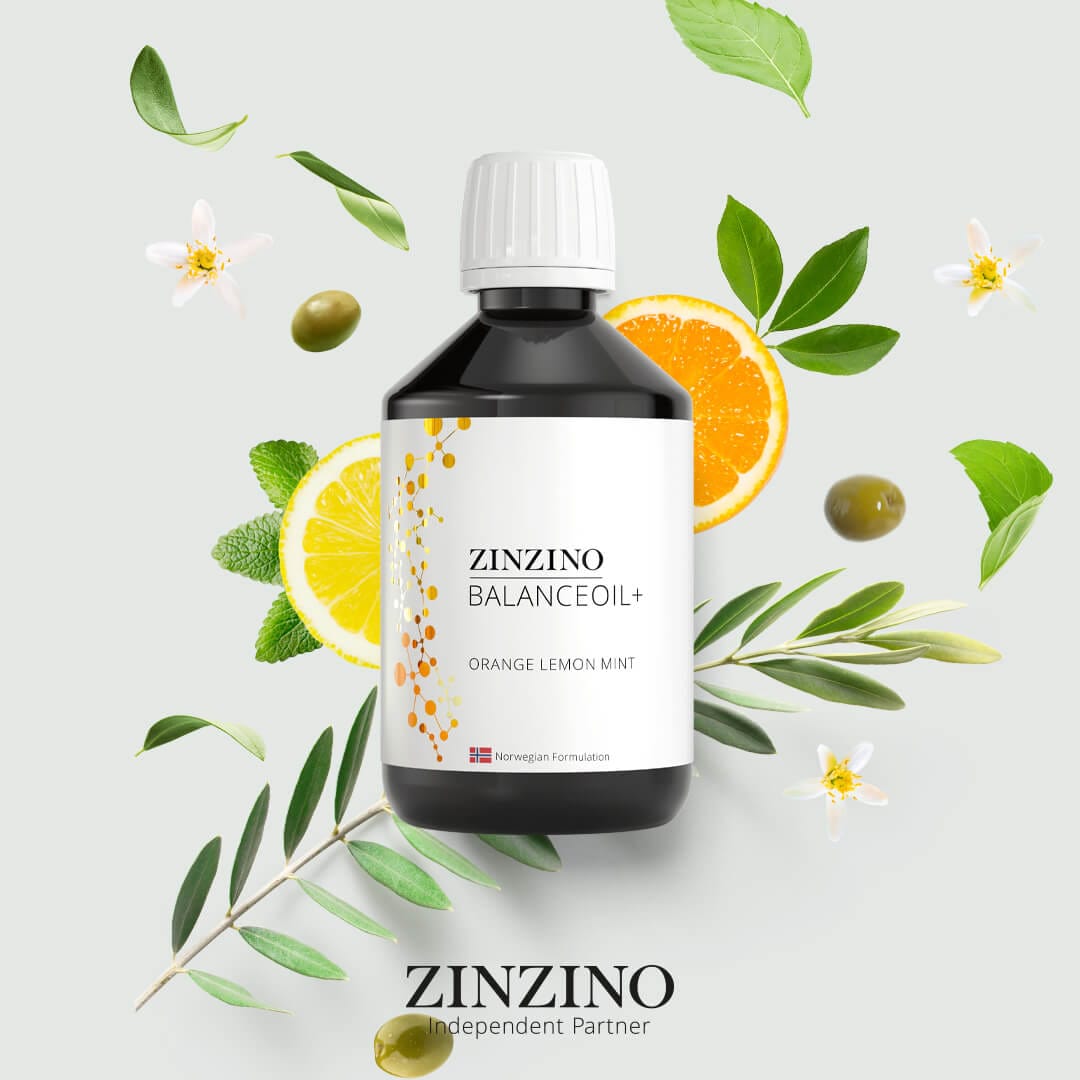Why hemp oil and linseed oil Not (yet) are enough
Hemp oil, linseed oil and other plant-based sources of omega-3 contain plenty of alpha-linolenic acid (ALA), but did you know that the human body only converts about 5% of this ALA into the valuable omega-3 fatty acids EPA and around 0.5% into DHA?
This means that plant-based sources of omega-3 alone are rarely enough to meet your needs for EPA and DHA. So if you really want to benefit from omega-3, you can hardly avoid marine sources such as fish oil or algae oil.
Important tip:
You can find out what you should look for in the right oil at the end of the article.
Introduction: This is how important omega-3 fatty acids are
Did you know, that around 95% of Germans do not consume enough omega-3 fatty acids?
(How you can also tell if you have a deficiency, you can find out in this Article . But it's always best to get tested. Read more here .)
Yet these fatty acids are crucial for our cell membranes, nerve cells and heart health. But where do we get these valuable fatty acids best?
Omega-3 fatty acids are found in both plant and animal sources. Flaxseed and flaxseed oil are great sources of ALA, while fish oil is particularly rich in EPA and DHA. Hemp seeds also score with a balanced mixture of all three fatty acids.
Whether plant-based or animal-based – the right balance is crucial to avoid defects. Let yourself be inspired in the next sections on how to optimally design your diet.
An overview
Why hemp oil & Co. are not like fish oil
Hemp oil, linseed oil and other plant sources bring valuable nutrients, but mainly contain ALA - and this is where the problem lies. The body is simply not very efficient at converting ALA into EPA and DHA. That's why marine omega-3 fatty acids (for example from fish oil or algae oil) are so important, because they bring EPA and DHA directly.
Important to know:
And please consider: Never heat hemp and other vegetable oils to a high temperature! This produces trans fats, which can promote inflammation in the body.
Linseed oil, fish oil or hemp seeds? – The big nutrient check
The Basics to ALA, EPA and DHA
Only fish oil or algae oil provides these fatty acids directly. This makes a big difference to your health, because EPA and DHA are indispensable in many bodily functions.
Where does your omega-3 come from?
Your optimal Omega-3 Mix
Even if you live plant-based, you can design your diet in such a way that you get as much omega-3 out of it as possible. Algae oil is considered an excellent vegan alternative to fish oil.
In any case, it's worth taking a closer look at your omega-6 to omega-3 ratio. Unfortunately, it is often well above the recommended 1:5, which promotes inflammation. However, this can be balanced out with a consciously chosen diet.
The role of ALA, EPA and DHA
Omega-3 fatty acids are essential building blocks for our cell membranes and perform important functions in our bodies – from heart health to brain development.
ALA:
Plant-based, can only be converted to EPA and DHA to a limited extent.
EPA:
Anti-inflammatory and relevant for cardiovascular functions.
DHA:
Especially important for the brain, eyes and nervous system.
So if you rely only on hemp or linseed oil, you may be wasting valuable potential for your health.
Plant vs. animal omega-3 sources – What you need to know
Differences in origin and effect
Tips for choosing
- 1Look for high-quality oils (more on that at the end).
- 2Regularly rely on fatty sea fish or fish oil supplements (or algae oil as a vegan option).
- 3Combine different sources of omega-3 for a good balance.
Conversion processes in the body
The conversion rate of ALA to EPA is about 5%, in DHA only about 0.5%. High amounts of omega-6 (e.g. from sunflower oil) can make this conversion even more difficult.
Important:
Quality of oils
Storage and processing
Hemp oil in cold kitchen
Algae oil – a plant-based alternative
Looking for a vegan option? Then algae oil can be a solution. It provides EPA and DHA directly from microalgae, without a detour via fish. Particularly interesting for vegans or vegetarians who still want enough omega-3.
Important:
What you should look for in a good Omega product.
The advantages of ZINZINO:
What exactly is Zinzino BalanceOil?
Our video explains everything to you:
The scientifically proven solution:

🌿 Effectiveness:
💜 CUSTOMER SATISFACTION:
Why ZINZINO stands out:
- 1That BalanceOil+ convinces with unique polyphenol protection, which keeps the omega-3 fatty acids in the body stable for longer.
- 2With over 1.5 million tests carried out, Zinzino offers a scientifically proven, reliable data basis.
- 3The combination of fish oil and polyphenols from olive oil ensures a sustainable and bioavailable omega-3 supply.
If you're serious about working on your omega-3 balance, Zinzino is an excellent choice to get into the optimal fatty acid balance in the long term.
In short : Fish oil or Algae oil is not just a "nice extra", but often an essential step if you really want to get your omega-3 levels to healthy heights. Hemp oil and linseed oil are great additions, but they cannot completely replace fish oil (or algae oil). It's better to go for a mix – and opt for quality when it comes to your health.
Test your Omega 3:6 ratio
Money Back
100%
Warranty
If your values are already in the positive range at the first test, i.e. if you have a balanced omega 6 to 3 ratio of 3:1 or better, you will get your money back without ifs and buts!
If your values are already good - you don't pay anything!
If your test value is already in the ideal range:






